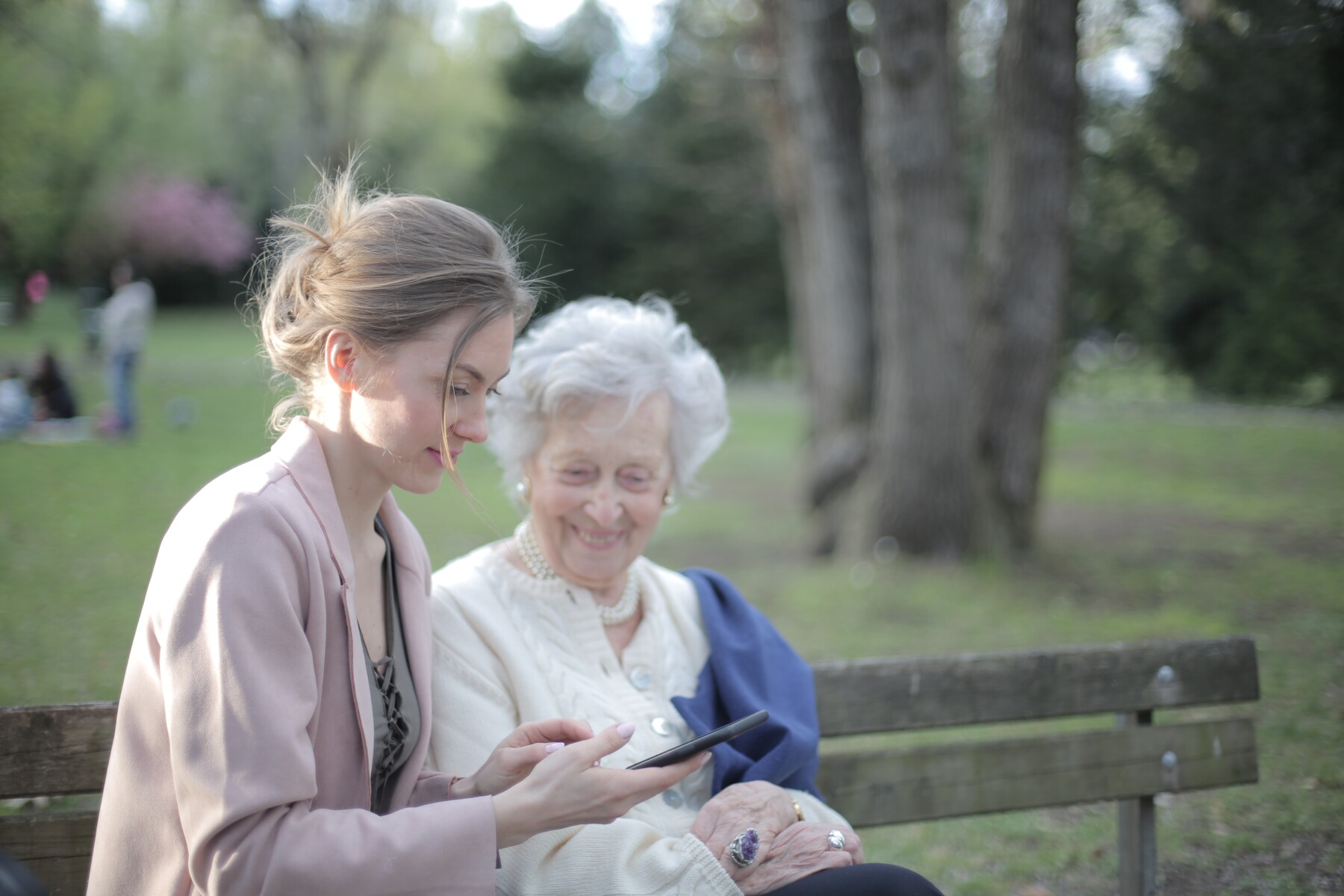Across the UK economy, organisations changed how they do things because of COVID-19. Digital tools were often the only way to keep working. What the experience also revealed is that digital tools often offer better ways of working that will be retained after the pandemic.
This is certainly the case with care services. Altogether Care had already made significant investments in technology to improve the way that we plan and deliver care. With COVID-19 restrictions in place we had to take this up a notch.
Our residents have obviously missed having visits from family and friends. Thankfully, these days we have digital technology such as Skype and Facetime, which help people stay in touch. And now that people are used to using them, contact isn’t governed by specified visiting times, durations and distances. There are more opportunities for meaningful ‘face-to-face’ contact between physical visits.
Training and Communication
No care provider can ever afford to stop training its staff, pandemic or no pandemic. In our case this meant switching to more online training because face-to-face training courses couldn’t run. And guess what – the training is generally just as effective and far easier to arrange around busy staff schedules.
In some ways, communication with suppliers, staff, residents and visitors has improved. Digital has certainly made it more efficient and convenient. Across the country there must be countless organisations questioning just how much valuable time we used to waste by travelling around to have conversations that we could have had online with little or no loss of interaction.
Zoom has been a revelation when it comes to communicating with staff spread across multiple care homes and offices. It’s now a firmly established feature of how we do things.
Person-centered Care
As a care provider, what counts most of all is how well we look after people and meet their needs. There’s no doubt that digital technology helps here too. It makes care planning more efficient and it’s easier to involve our clients and their families in the process. Digital tools also simplify how we share care plans and other information and make sure that everyone gets the care they need.
COVID-19 accelerated a digital journey Altogether Care was already on. Having seen the benefits, we’re not planning to turn back. Our business is caring for people and digital tools help us to do that more effectively.
To find out more about our care services, contact us on 01305 206 140 or email contact@altogethercare.co.uk.









